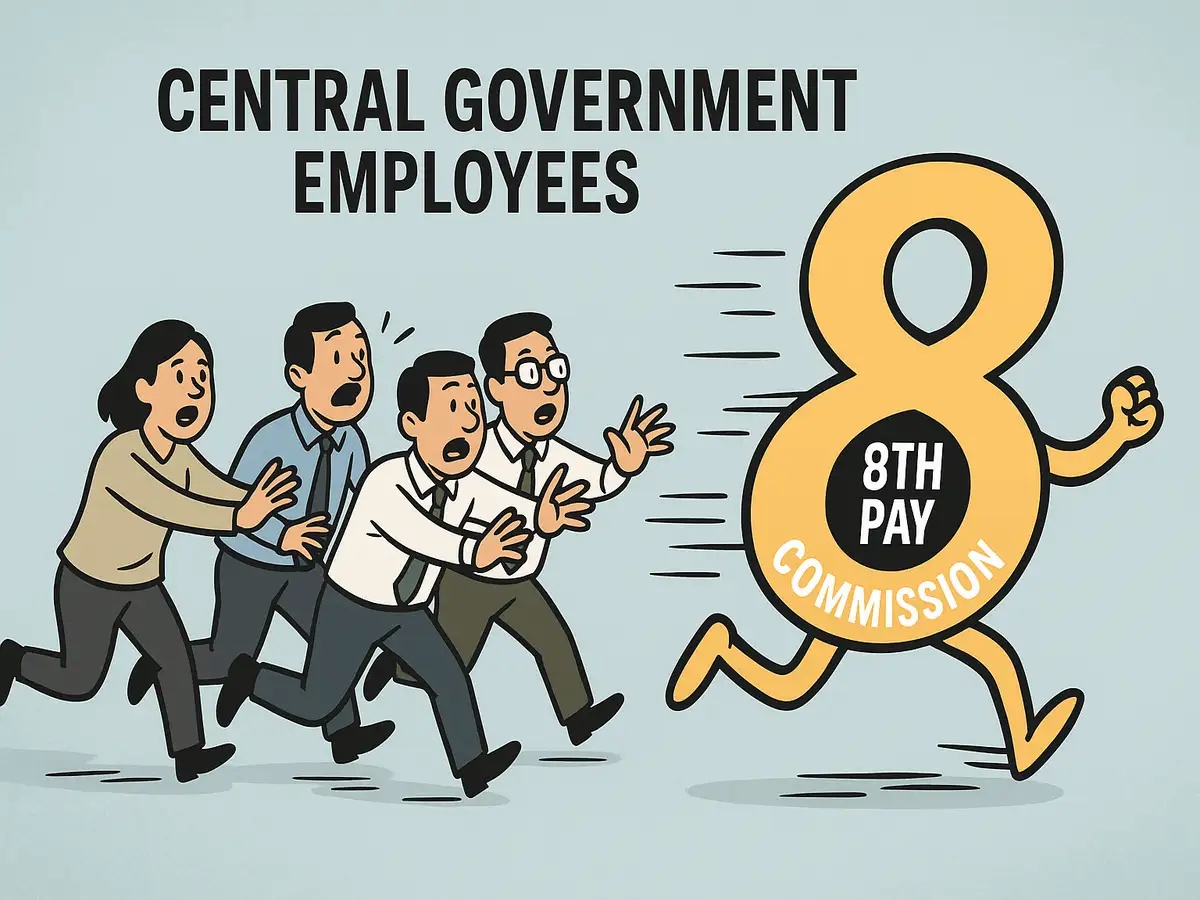
Central Government Employees Await 8th Pay Commission Rollout Beyond 2026
The 8th Pay Commission, expected to overhaul salary structures for 11.2 million central government employees and pensioners, faces significant delays in implementation. While the commission was formally announced in January 2025, its rollout remains uncertain due to bureaucratic bottlenecks and financial constraints. Experts suggest the hike, projected to range between 30-34%, may not materialize until fiscal year 2027, pushing the effective date to April 2026 or later. This delay has raised concerns among employees and pensioners, who face persistent inflationary pressures and delayed compensation adjustments.
Administrative Hurdles and Budgetary Constraints
The lack of clarity on key commission details, such as chairman appointments and terms of reference, has stalled progress. Historically, Pay Commissions take approximately two years from formation to implementation, as seen with the 7th Pay Commission, which was established in 2014 but only became effective in 2016. Legal experts like Sandeep Bajaj highlight that the absence of a formal budget allocation for the commission exacerbates the delay. The proposed salary hike, which could increase basic pay from Rs 50,000 to over Rs 70,000, requires substantial financial planning, further complicating the timeline.
Impact of Delays on Compensation and Morale
Delays in the 8th Pay Commission have already affected compensation adjustments for employees. For instance, a recent 2% DA increase announced in 2025 was delayed by several months, causing frustration among workers. If the commission remains stalled, employees may face larger arrears, particularly during festive seasons like Diwali, when delayed payments often coincide with salary disbursements. This pattern could erode morale and create financial strain for a workforce already burdened by inflation.
Financial Implications and Political Considerations
The commission’s financial implications are staggering, with estimates suggesting the salary hike could cost over Rs 1 lakh crore annually. Analysts like Rohit Jain note that political considerations may also delay the process, as policymakers balance fiscal responsibility with employee demands. The lack of a clear implementation roadmap has left employees in limbo, with no guarantees about when the revised pay structure will take effect. This uncertainty has prompted calls for expedited action to address long-standing grievances.
Looking Ahead: Potential Timeline and Employee Concerns
While the 8th Pay Commission’s recommendations are due by December 2025, final approval and implementation could stretch into 2026 or beyond. Employees are urging the government to prioritize transparency and timely action to mitigate financial stress. With inflation rates climbing and living costs rising, the delayed salary hike has become a critical issue for central government workers. The resolution of these challenges will determine whether the commission can deliver on its promise of equitable compensation for a vast workforce.




